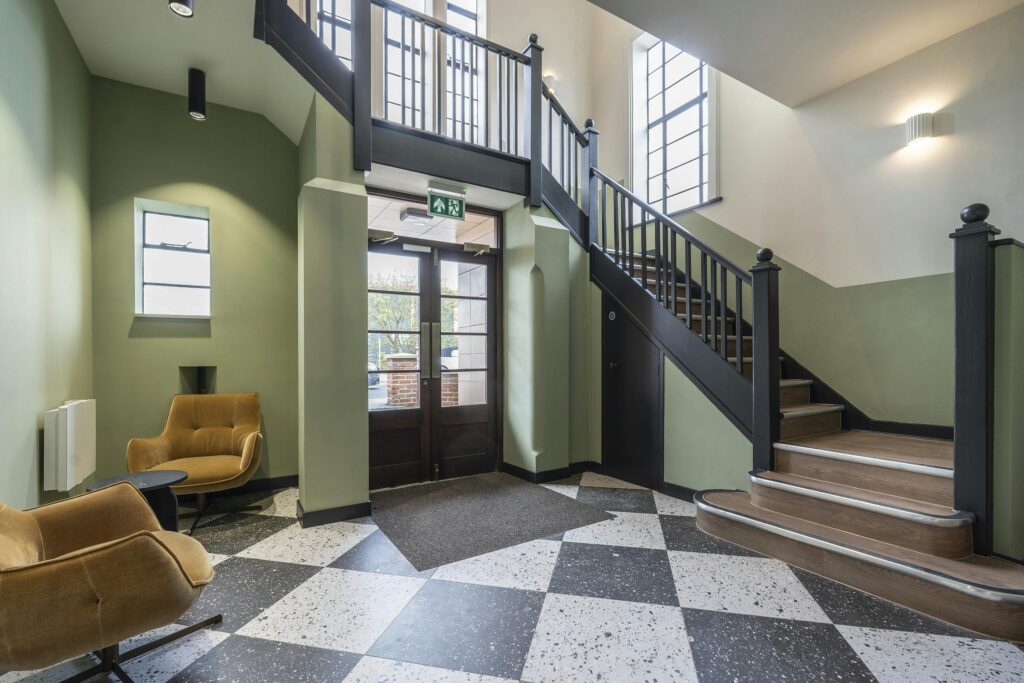No, you cannot sublet without explicit landlord permission. Most commercial leases prohibit subletting without written consent, making unauthorised subletting a serious breach that could terminate your tenancy.
| Responsibility | Head Tenant | Subtenant | Landlord |
|---|---|---|---|
| Rent Payment | Ultimate liability | Direct to head tenant | From head tenant |
| Repairs | Depends on agreement | Limited | Building structure |
| Insurance | Building & contents | Contents only | Building insurance |
| Legal Liability | Full responsibility | Limited to sublease | Building compliance |
Can You Sublet Without Landlord Permission?
No, you cannot sublet without landlord permission. Check your ‘alienation clause’ immediately – this governs all subletting arrangements and typically requires written consent before any subletting can proceed.
Two main types exist:
- Absolute prohibition – no subletting allowed under any circumstances
- Qualified prohibition – subletting permitted with landlord consent that cannot be unreasonably withheld
Most modern commercial leases include qualified prohibitions, giving you potential subletting rights subject to proper procedures.
What’s the Difference Between Subletting and Desk Sharing?
Subletting creates a legal tenancy where you become the subtenant’s landlord, whilst desk sharing involves simpler licensing agreements. The key difference is the level of legal responsibility and rights created.
Key differences include:
- Subletting requires exclusive use of defined space
- Desk sharing allows flexible use of communal areas
- Subletting creates stronger legal rights for occupiers
- Licensing offers easier termination procedures
The distinction affects your legal responsibilities, insurance requirements, and landlord consent processes.
How Do You Get Landlord Consent for Subletting?
You get consent by submitting a comprehensive written application with detailed subtenant information. Applications require details about the proposed subtenant’s business activities, financial standing, and subletting terms.
Studies show that 73% of subletting applications receive approval when properly prepared with comprehensive documentation.
Include in your application:
- Subtenant’s business references and financial statements
- Detailed subletting proposal with terms and duration
- Evidence of the subtenant’s professional standing
- Clear explanation of how the arrangement benefits all parties
Who’s Liable for Subletting Costs and Rent?
You remain fully liable for all lease obligations regardless of your subtenant’s performance. Your landlord can pursue you for any unpaid amounts, even if your subtenant defaults.
Additional financial considerations:
- Your landlord may require rent reviews or additional deposits
- Some leases include ‘profit-sharing’ clauses requiring you to share subletting income
- You’re responsible for the subtenant’s defaults and damages
- Insurance policies may need updating to cover subletting risks
Consider requiring deposits or guarantees from subtenants to protect against potential defaults.

What Legal Documents Do You Need for Subletting?
You need a formal subletting agreement that mirrors your head lease terms and protects your interests. This ensures the subtenant understands their obligations whilst safeguarding your primary tenancy.
Essential documentation includes:
- Comprehensive subletting agreement with clear terms
- Registration with your landlord and relevant authorities
- Break clauses aligned with your head lease terms
- Professional legal review to ensure compliance
The average cost of legal disputes from inadequate subletting documentation exceeds £8,500, making professional advice worthwhile.
Contact us today for more information!
